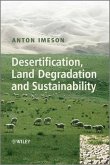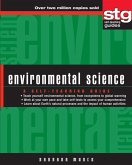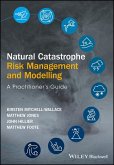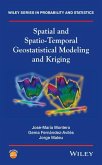Environmental issues are inherently interdisciplinary, and environmental academic programs increasingly use an interdisciplinary approach. This timely book presents a core framework for conducting high quality interdisciplinary research. It focuses on the opportunities rather than the challenges of interdisciplinary work and is written for those doing interdisciplinary work (rather than those studying it). It is designed to facilitate high quality interdisciplinary work and the author uses illustrative examples from student work and papers published in the environmental literature. This book's lucid, problem-solving approach is framed in an accessible easy-to-read style and will be indispensable for anyone embarking on a research project involving interdisciplinary collaboration. Readership: graduate students, advanced undergraduates, and researchers involved in the interface between human and natural environmental systems
Dieser Download kann aus rechtlichen Gründen nur mit Rechnungsadresse in A, B, BG, CY, CZ, D, DK, EW, E, FIN, F, GR, HR, H, IRL, I, LT, L, LR, M, NL, PL, P, R, S, SLO, SK ausgeliefert werden.









